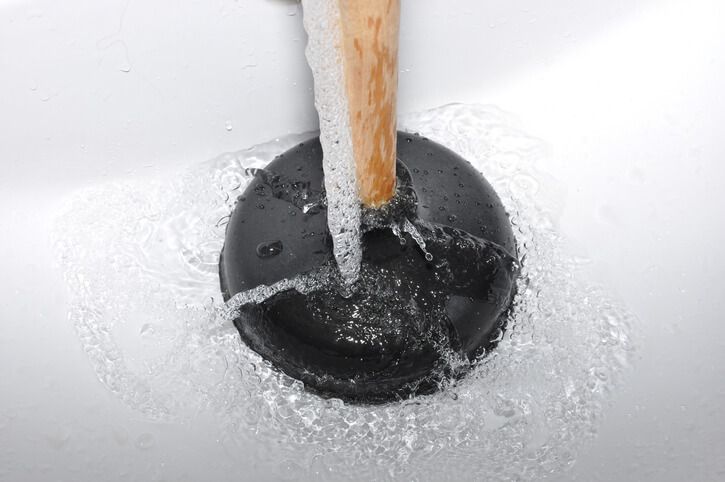It can be a major inconvenience when your drains get clogged. Not only does it disrupt your daily routine, but it can also lead to expensive plumbing repairs. Besides scheduling regular drain cleaning in Reno, there are some easy everyday habits you can adopt to prevent clogs from happening in the first place.
- Use a drain strainer.
A drain strainer or screen is one of the simplest ways to prevent clogged drains. These inexpensive devices fit over your drain openings and catch hair, food particles, and other debris before they go down the drain. Emptying and cleaning these strainers regularly can go a long way in preventing clogs.
- Be mindful of what you put down your drain.
Many people are guilty of rinsing food scraps or pouring cooking oil down their kitchen sink without a second thought. These actions may seem harmless but can contribute to clogs over time. Avoid putting food scraps, grease, and other large items down your drain to prevent blockages.
- Flush your drains regularly.
Flushing your drains regularly with hot water can help clear them of debris and buildup. Mix hot water with a small amount of vinegar or baking soda for a more thorough cleaning. This simple habit is especially helpful for preventing clogs in bathroom sinks and showers, where hair and soap scum can accumulate.
- Don’t use your toilet as a trash can.
Flushing items like cotton balls, dental floss, or feminine hygiene products can lead to clogs in your plumbing system. Instead, dispose of these items in a trash can to prevent potential clogs.
- Install a lint trap on your washing machine.
Washing machines are another common culprit for drain clogs, especially if you have a septic system. Installing a lint trap on your washing machine’s discharge hose can help catch lint and debris before it reaches your drains. Regularly cleaning out the trap can prevent clogs and extend the life of your plumbing system.
- Do not pour chemical drain cleaners down your pipes.
While it may be tempting to use chemical drain cleaners to clear a clog quickly, they can do more harm than good. These harsh chemicals can damage your pipes and cause corrosion, leading to even more costly repairs in the future. Instead, opt for natural alternatives or call a professional plumber for help.
- Schedule regular drain inspections.
Even if you practice good habits to prevent clogs, it’s still important to schedule regular drain inspections with a professional plumber. They can identify and address any potential issues before they become major problems. This preventative maintenance can save you time, money, and headaches in the long run.
By adopting these simple habits, you can keep your drains clear and prevent the inconvenience and expense of clogs in your home. Remember, prevention is key to maintaining a healthy plumbing system. So make these habits a part of your daily routine, and you’ll have one less thing to worry about. Call a professional plumber if you experience persistent clogs or slow drains.


